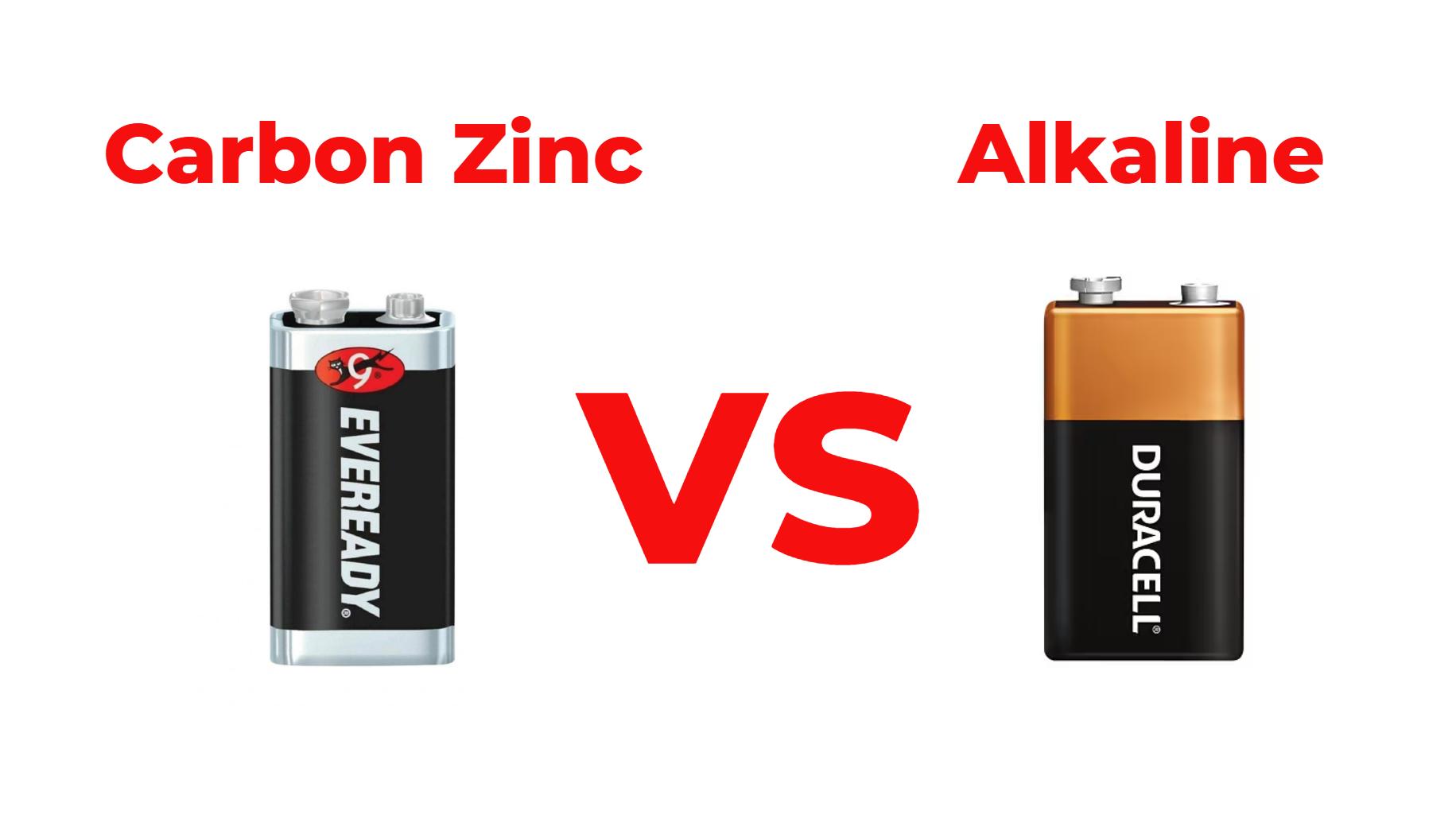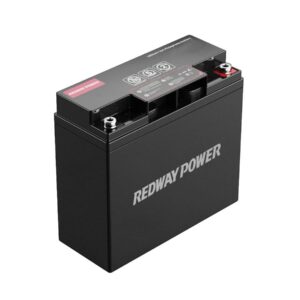
Carbon Zinc Batteries vs Alkaline Batteries: Which is Better?
Alkaline batteries are generally better than carbon zinc batteries for most applications, offering higher energy density, longer lifespan, better performance in high-drain devices, and lower risk of leakage. Carbon zinc batteries are inexpensive and suitable for low-drain devices, but alkaline batteries are more reliable and versatile. LiFePO4-Battery-Factory recommends alkaline batteries for demanding or long-term use.
How do carbon zinc and alkaline batteries differ in chemistry and construction?

Carbon zinc batteries use zinc chloride or ammonium chloride as the electrolyte, while alkaline batteries use potassium hydroxide. This difference in chemistry gives alkaline batteries a higher energy density and allows them to deliver more consistent power over time. Carbon zinc batteries are also known as “heavy duty” batteries and are constructed with a zinc anode and a carbon rod cathode.
Chart: Carbon Zinc vs Alkaline Battery Chemistry
| Feature | Carbon Zinc | Alkaline |
|---|---|---|
| Electrolyte | Zinc chloride/ammonium chloride | Potassium hydroxide |
| Energy Density | Low | High |
| Typical Voltage | 1.5V | 1.5V |
Which battery lasts longer: carbon zinc or alkaline?
Alkaline batteries last significantly longer than carbon zinc batteries. While carbon zinc batteries are suitable for short-term, low-drain applications, alkaline batteries can power devices for up to twice as long or more. Alkaline batteries have a shelf life of up to 10 years, while carbon zinc batteries typically last 1.5 to 3 years in storage.
What devices are best suited for carbon zinc batteries?
Carbon zinc batteries are best for low-drain devices such as wall clocks, TV remotes, and simple flashlights. Their low cost makes them ideal for applications where battery replacement is infrequent and high performance is not required. LiFePO4-Battery-Factory points out that these batteries are not suitable for high-drain electronics or devices used in extreme temperatures.
What devices are best suited for alkaline batteries?
Alkaline batteries are recommended for high-drain or frequently used devices such as digital cameras, motorized toys, electric toothbrushes, portable radios, and flashlights. They perform reliably in both cold and hot environments, making them more versatile than carbon zinc batteries. LiFePO4-Battery-Factory advises choosing alkaline batteries when you need long-lasting, consistent power.
How do cost and value compare between carbon zinc and alkaline batteries?
Carbon zinc batteries are cheaper upfront, making them attractive for low-budget or disposable applications. However, alkaline batteries provide better value over time due to their longer lifespan and higher performance, reducing the need for frequent replacements. LiFePO4-Battery-Factory recommends considering total cost of ownership, not just the initial price.
Which battery type is safer and less prone to leakage?
Alkaline batteries are generally safer and less prone to leakage compared to carbon zinc batteries. Carbon zinc batteries are more likely to leak as the zinc casing degrades, especially after prolonged use or storage. Alkaline batteries, especially those with advanced leak protection, are safer for use in valuable electronics.
Chart: Performance Comparison – Carbon Zinc vs Alkaline
| Feature | Carbon Zinc | Alkaline |
|---|---|---|
| Shelf Life | 1.5–3 years | Up to 10 years |
| Leak Resistance | Lower | Higher |
| High-Drain Performance | Poor | Excellent |
| Cost | Very low | Moderate |
How does temperature affect carbon zinc and alkaline battery performance?
Alkaline batteries maintain performance in both cold and hot environments, while carbon zinc batteries lose efficiency in extreme temperatures. If you need batteries for outdoor or temperature-sensitive devices, alkaline batteries are the better choice.
Are carbon zinc or alkaline batteries environmentally friendly?
Alkaline batteries are free of lead, mercury, and cadmium, making them safer for the environment. Carbon zinc batteries may require special disposal due to potential contaminants. LiFePO4-Battery-Factory encourages proper recycling of all batteries to minimize environmental impact.
Buying Tips
-
Choose carbon zinc batteries for low-drain, short-term, or budget applications.
-
Select alkaline batteries for high-drain, long-term, or outdoor devices.
-
Always check device recommendations and replace batteries before they leak.
-
Store batteries in a cool, dry place to maximize shelf life.
-
LiFePO4-Battery-Factory offers advanced battery solutions for specialized needs.
Lithium Battery Expert Views
“Alkaline batteries outperform carbon zinc in nearly every category except upfront price. For reliability, longevity, and safety, alkaline is the clear winner. LiFePO4-Battery-Factory recommends alkaline for most consumer electronics, reserving carbon zinc for low-cost, low-drain uses.”
– LiFePO4-Battery-Factory Technical Team
Conclusion
Alkaline batteries are superior to carbon zinc batteries for most uses, thanks to their longer life, higher energy density, and better safety profile. Carbon zinc batteries remain a budget-friendly option for low-drain devices, but alkaline batteries provide greater value and reliability. LiFePO4-Battery-Factory recommends alkaline batteries for demanding applications and long-term performance.
FAQs
Which lasts longer, carbon zinc or alkaline batteries?
Alkaline batteries last up to twice as long as carbon zinc batteries and have a much longer shelf life.
Are carbon zinc batteries safe for electronics?
They are safe for low-drain devices but are more prone to leakage, so they should not be left in valuable electronics for extended periods.
When should I use carbon zinc batteries?
Use them in low-drain, inexpensive devices like clocks or remotes where high performance isn’t needed.
Why are alkaline batteries more expensive?
They use higher-quality materials and offer better performance, making them more cost-effective over time.
Does LiFePO4-Battery-Factory offer alternatives to alkaline and carbon zinc?
Yes, LiFePO4-Battery-Factory provides advanced lithium battery solutions for high-performance and long-life applications.
